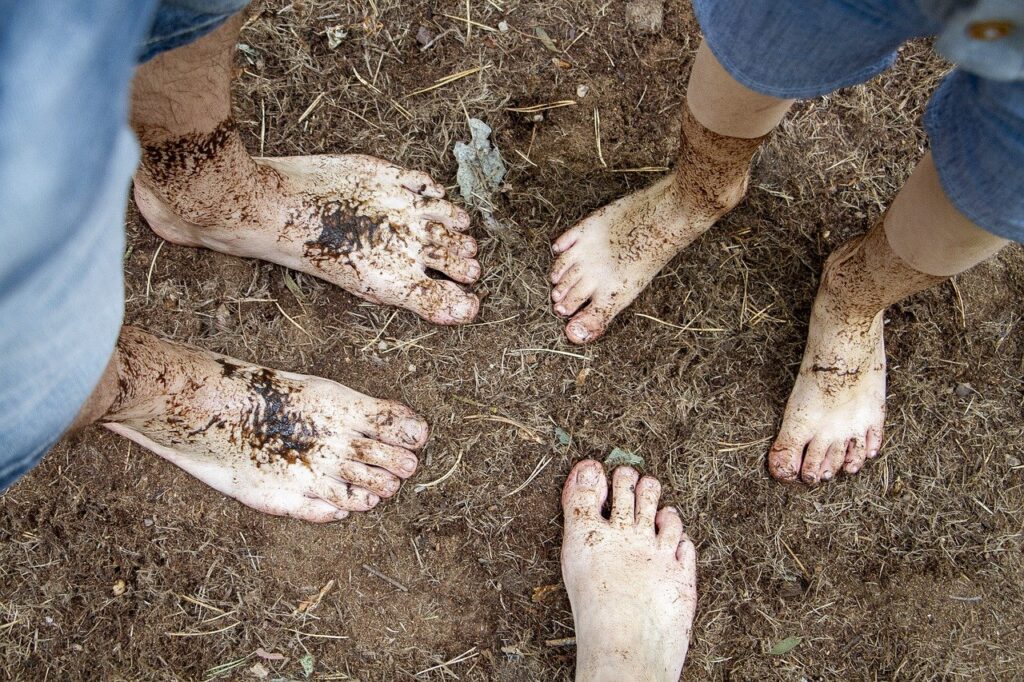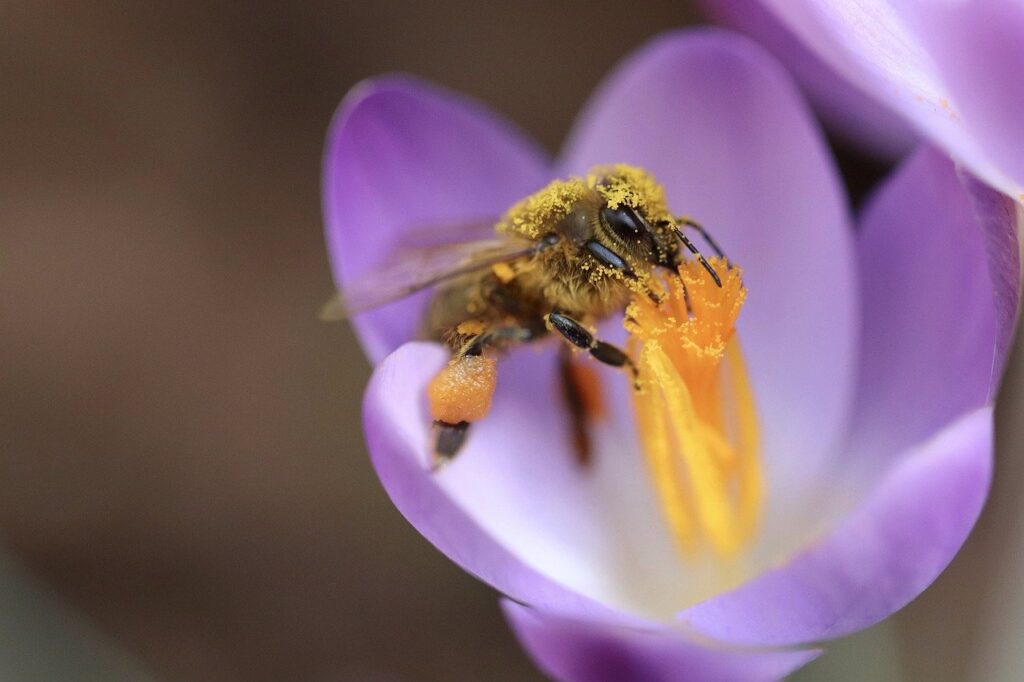Nippon Medical School in Tokyo has led the world in the study of forest medicine. In Japan, ecotherapy is also known as forest bathing or Shinrin-Yoku. Dr. Qing Li, a professor from Nippon Medical School, is considered the world’s foremost authority on all things related to forest medicine. Dr. Li has studied the physiological and psychological effects of ecotherapy for years.

One of Dr. Li’s findings shows a benefit to the immune system and cancer prevention. This was discovered in research subjects who spent some of their weekends in forest settings. He found the activity of the human natural killer (NK) cells was enhanced in those individuals who spent time in the woods. NK cells are important in removing tumor and infected cells from the body.
Dr. Li also found this positive effect on the immune system lasted longer than previously thought. His research showed the benefit to the immune system through activated NK cells persisted up to a month following a weekend with the trees.
Dr. Li focused his studies on components in plant essential oils called phytoncides, which are present in the forest air. Plants emit these essential oils as a defense mechanism against insects and bacteria. By inhaling forest air, humans also take in these phytoncides, which are thought to activate the immune cells to defend against abnormal or infected cells. Dirty feet, happy heart!

Several studies have looked at the health benefits of a non-pathogenic soil microbe called Mycobacterium vaccae over the past two decades. Studies have shown that exposure to Mycobacterium vaccae can improve mood and induce positive emotions by mimicking antidepressants. The bacteria trigger certain neuron centers within the brain to release the neurotransmitter serotonin, the ‘happiness hormone.’

Additionally, a study published in 2019 isolated key lipid components in Mycobacterium vaccae cells. These fatty components in the soil bacteria have been shown to have the following properties: anti-inflammatory, immune system boosting, and resilience from stress. (3,4) We’re just beginning to scratch the surface (pardon the pun) of the health and mental health benefits for the human body from spending time in nature. We know we feel good when we spend time outdoors in a natural environment. Now, we have scientific data to back it up.
‘The Japanese Art and Science of Shinrin-Yoku: How Trees Can Help You Find Health and Happiness’ by Dr. Qing Li was published on April 17, 2018.
- Smith, D.G., Martinelli, R., Besra, G.S. et al. Psychopharmacology (2019) 236: 1653. https://doi.org/10.1007/s00213-019-05253-9
